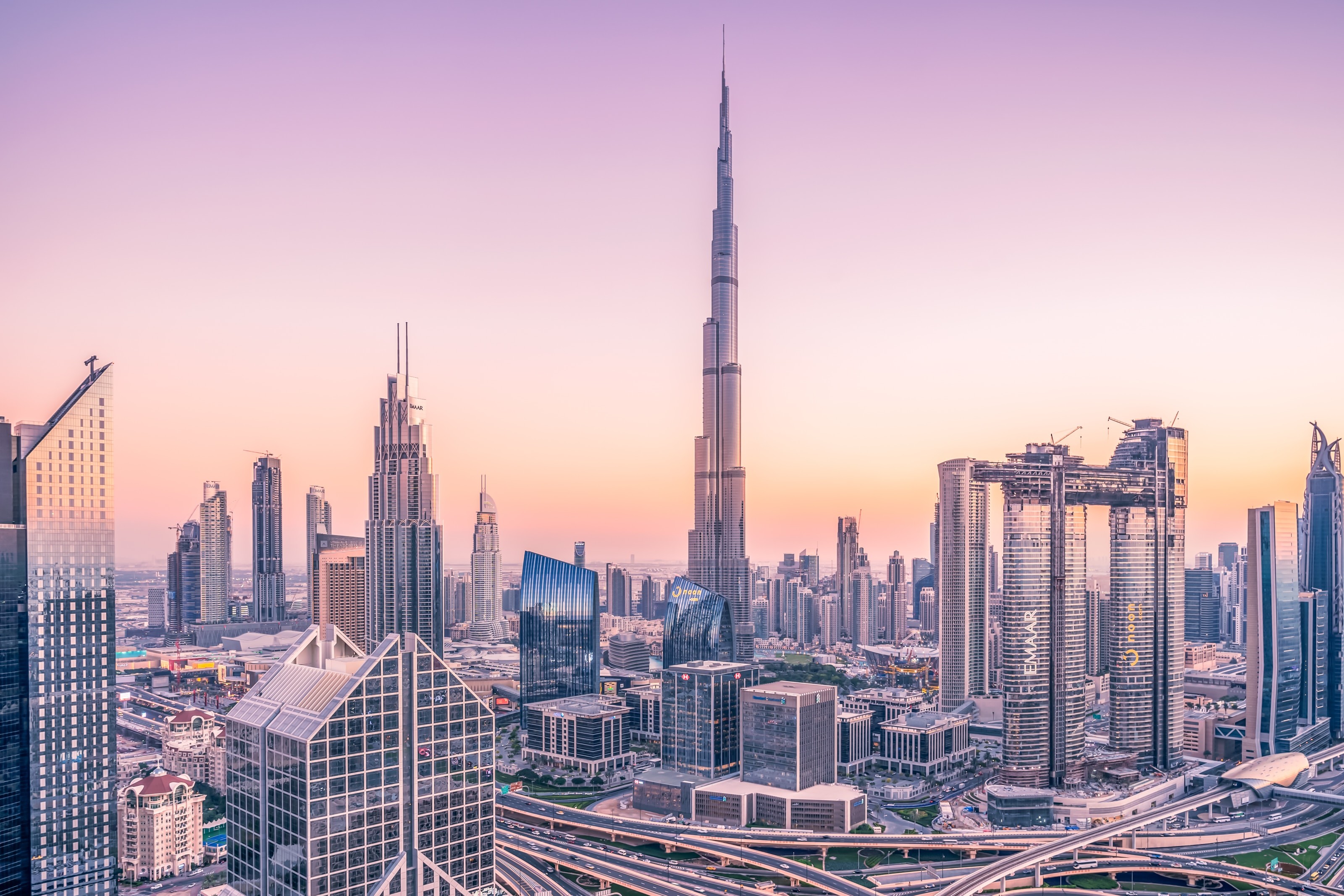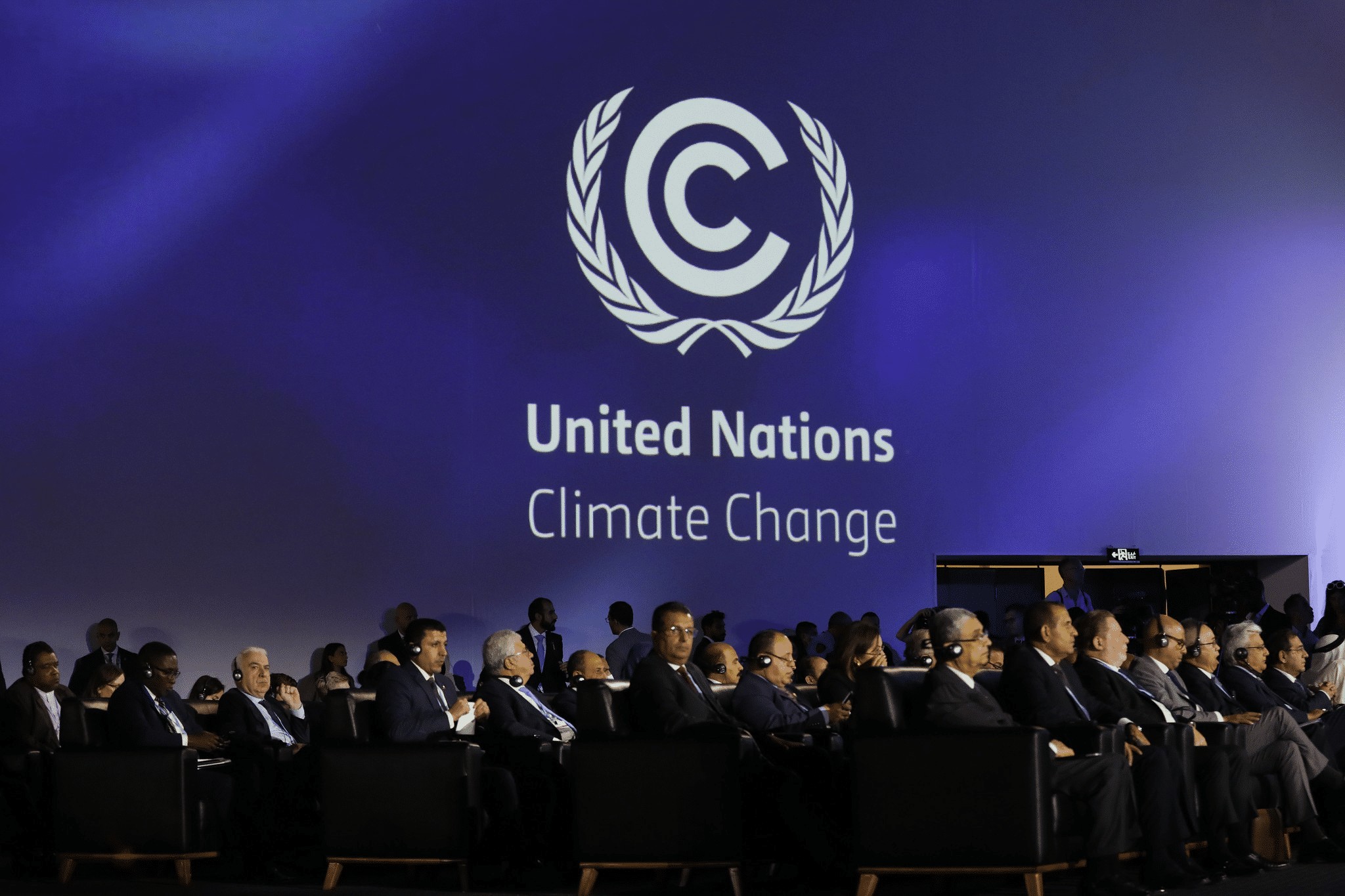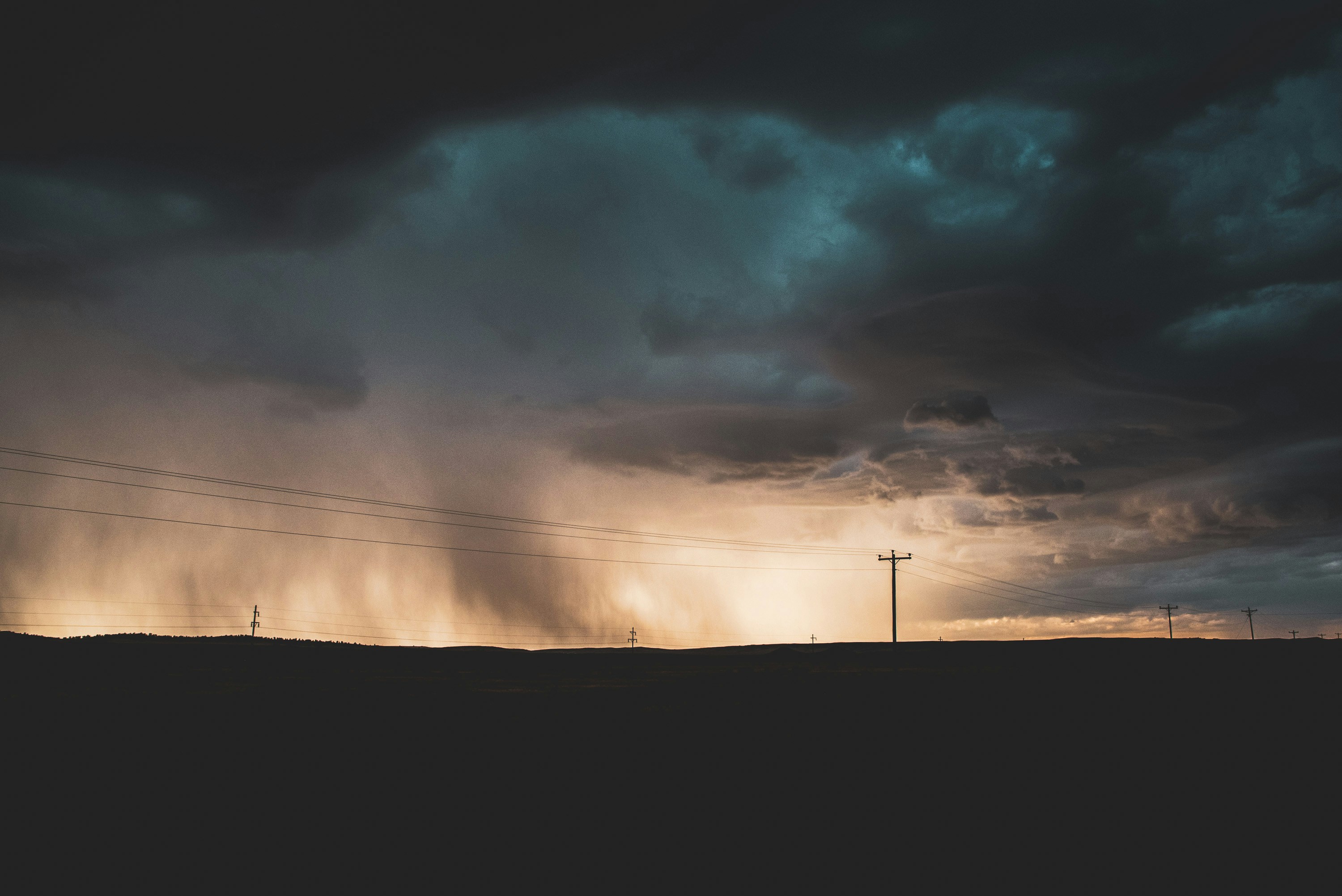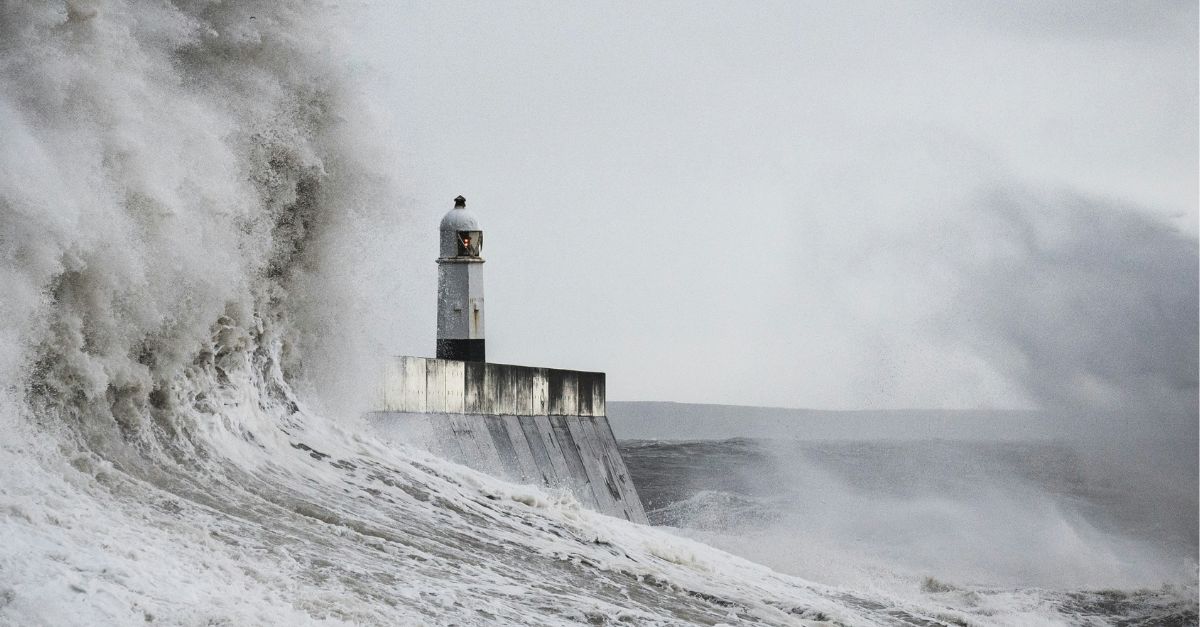
COP28: What will be the 5 key issues and possible outcomes?

Prof David Griggs
President of the Royal Meteorological Society
From climate finance to the Global Stocktake - find out what the most pressing topics of this year's COP28 will be.

The next UN Climate Summit – COP28 – will be hosted by the United Arab Emirates (UAE) in Dubai starting at the end of November. Like most recent COPs, this one is no different in being badged ‘the’ most important COP as the opportunity to limit global warming to 1.5C is fast disappearing.
In this article, Professor Dave Griggs, Fellow of the Royal Meteorological Society (FRMetS), and also President of the Royal Meteorological Society (RMetS), considers some of the key issues and possible outcomes of COP28.
If you are new to the concept of Conference of the Parties or COPs, then it is worth finding out more about the global climate organisations and agencies of the United Nations in the Key Global Climate Organisations video.
In the run up to COPs, numerous reports are published and this year is no exception. Here is a list of some important reports:

COP28 will take place against a backdrop of the stark findings in each of these recent reports and the additional report from the Copernicus Climate Change Service that states, "we can say with near certainty that 2023 will be the warmest year on record and is currently 1.43°C above the preindustrial average.”
So, what can we expect from COP28 and what are the key issues and outcomes likely to be?
1) Global Stocktake (GST)
I think it is fair to say that the biggest issue at COP this year will be the Global Stocktake (GST).
The GST is the mechanism by which progress against the Paris Agreement is assessed. In other words, how are countries’ commitments stacking up against the Paris target of limiting warming to less than 1.5C.
The GST consists of three components. The first phase focused on collecting information on climate change and climate action. The second phase assessed progress made towards achieving the goals of the Paris Agreement. The third and final phase, the so-called “political” phase, concludes at COP28, the outcome of which will be a document that reflects on countries’ efforts so far and lays out what needs to happen going forward.
At the moment, it is no surprise that countries’ current commitments will fail to meet what is required and so the hope is that the GST outcome includes commitments and recommendations to ramp up action and ambition.
Find more about global carbon budgets in this Global Carbon Budget and Net Zero video.
2) Energy targets
The UAE who will host the UN COP28 summit have made “fast tracking the energy transition” one of their key priorities.
Among the GST submissions from countries, there are several energy sector related proposals, such as phasing out, or at a minimum, phasing down fossil fuels. On the flip side there are also a number of proposals including one from the International Energy Agency (IEA), which has been adopted by the UAE, to triple global renewable energy capacity by 2030. It is worth noting that if we continue installing renewables at the 2023 rates, capacity will double by 2030. So, to achieve a tripling, sustained growth in installing renewables is needed.
Energy transition will be a key discussion area at COP28.
3) Loss and damage
In the Royal Meteorological Society’s report from COP27 last year, we highlighted that getting loss and damage (where richer countries compensate poorer countries for the damage caused by climate change) onto the agenda was the biggest achievement, and that expectations were exceeded as an agreement was reached to set up a fund.
Of course, that was only a first step, the fund has to be set up and countries have to put money in. And which countries should put money in, what for and how much, and who will receive money from the fund will be a major discussion at COP28.
4) Climate finance
As always, money will be at the heart of all the discussions at COP.
In 2009, developed countries pledged to mobilise $100 billion annually from 2020. The fact that this has never been achieved has always been a sore point with developing countries to say the least. A new climate finance goal to replace the $100 billion commitment is scheduled to be agreed next year at COP29, but making significant progress at COP28 is vital if agreement is going to be reached next year.
5) Food systems
In the lead up to COP28 there has been growing attention on food systems and agriculture. The UAE COP28 presidency and the UN Food Systems Coordination Hub launched the COP28 Food Systems and Agriculture Agenda in July 2023. It calls on countries to align their national food systems and agricultural policies with their climate mitigation and adaptation plans and emphasises the inclusion of targets for food system decarbonization in national biodiversity strategies and action plans.
The COP28 Presidency is pushing for commitments on funding and technology, including the need to tackle difficult systemic issues such as demand-side measures, land use change and deforestation.
As always there will be so many issues discussed at COP28 that it is impossible to highlight them all. Others worthy of mention include carbon markets, just transition pathways, climate impacts and early warning systems.
Keep up-to-date throughout COP28 with updates from the Royal Meteorological Society at www.rmets.org.
Share "COP28: What will be the 5 key issues and possible outcomes?" on
Latest Insights

UBS and Switzerland: Capital hikes are not the right tool for the job
15th October 2025 • Prasad Gollakota

Trade deals & trade wars: The regional impact
23rd May 2025 • Adrian Pabst and Eliza da Silva Gomes






























